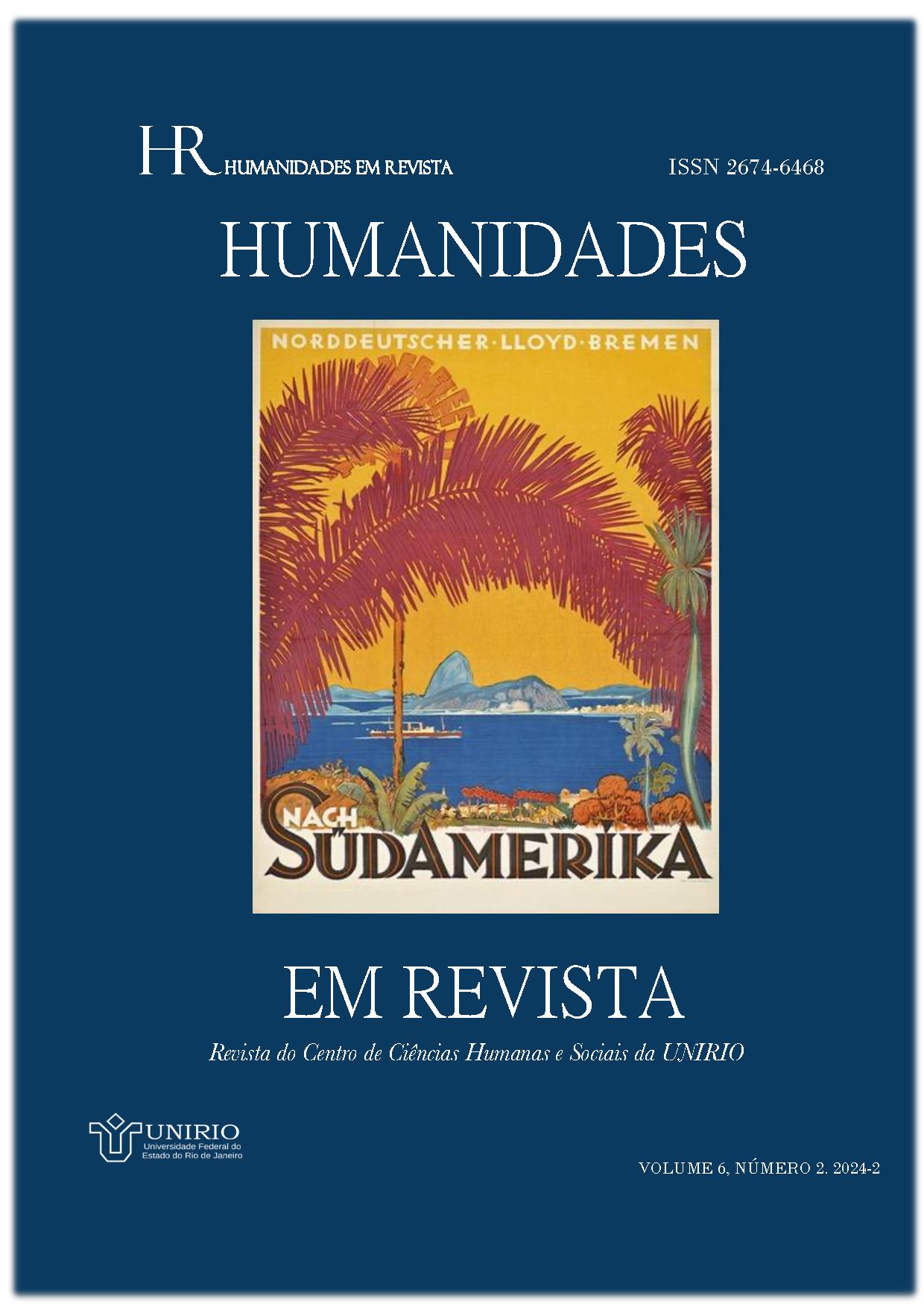MODELS AND CONCEPTUAL ASPECTS OF ACCESSIBLE TOURISM
Keywords:
turismo acessível, modelos, conceituação, desenho universal, acessibilidadeAbstract
This study aims to map and discuss the key concepts of accessible tourism and its evolution, thus contributing to the construction and enhancement of the theoretical framework in this field. Understanding the models and concepts of accessible tourism, along with its complex dynamics, can guide the development of more pragmatic accessibility in tourist destinations, taking into account legislation and the needs of different groups of people and tourists who face limitations when traveling. Tourism models offer theoretical and practical contexts that help analyze, plan, and implement policies in the sector, considering economic, social, cultural, and environmental factors. The theoretical-methodological approach adopted was structured around three pillars: a systematic literature review, notes on tourism and accessibility registered at national and international events, and interactive dialogues and reflections (in progress) based on interactions with people with disabilities. The study of conceptual aspects contributes to advancing research in the field by enabling scholars to develop new theories, methodologies, and practices that broaden the understanding of accessible tourism while identifying gaps in the sector. The accessible tourism (AT) models discussed provide an opportunity for collaboration among researchers in this area of study and discussions aimed at pragmatic accessibility seeking to improve the experience for all individuals.
Keywords: theory, models, accessible tourism, conceptualization, evolution.
Downloads
Downloads
Published
How to Cite
Issue
Section
License
Copyright (c) 2024 Letícia Lima

This work is licensed under a Creative Commons Attribution-NonCommercial-NoDerivatives 4.0 International License.
Os direitos autorais de qualquer trabalho publicado na Revista pertencerão aos autores. Não haverá qualquer pagamento pela publicação na Revista e a aceitação dos originais implicará na aceitação das condições descritas nas informações sobre a revista constantes do escopo e de todas as regras apresentadas, assim como o respeito à legislação e às normas vigentes concernentes a publicações. A UNIRIO e seus entes subordinados não se responsabilizarão por quaisquer equívocos, questões e contendas entre autores, participantes e/ou entes institucionais que sobrevenham às publicações. O e-mail do autor será disponibilizado no trabalho.
A revista oferece acesso livre imediato ao seu conteúdo, seguindo o princípio de que disponibilizar gratuitamente o conhecimento científico ao público proporciona maior democratização mundial do conhecimento, sempre dentro dos limites da legislação de direito de autor e de direitos conexos. É adotada a licença Crative Commons do tipo “Atribuição-Não Comercial-Sem Derivações 4.0 Internacional (CC BY-NC-ND 4.0)”, acessível em: https://creativecommons.org/licenses/by-nc-nd/4.0/legalcode.pt , segundo a qual, em linhas gerais, é permitindo fazer o download dos trabalhos e o seu compartilhamento para fins educacionais, desde que sejam atribuídos os créditos a seus autores, citando também o repositório dos trabalhos, e sem que se possa alterar o material de nenhuma forma ou utilizá-lo para fins comerciais.





 Qualis/CAPES 2021- 2024 B2
Qualis/CAPES 2021- 2024 B2 Diretório das revistas científicas eletrônicas brasileiras
Diretório das revistas científicas eletrônicas brasileiras




